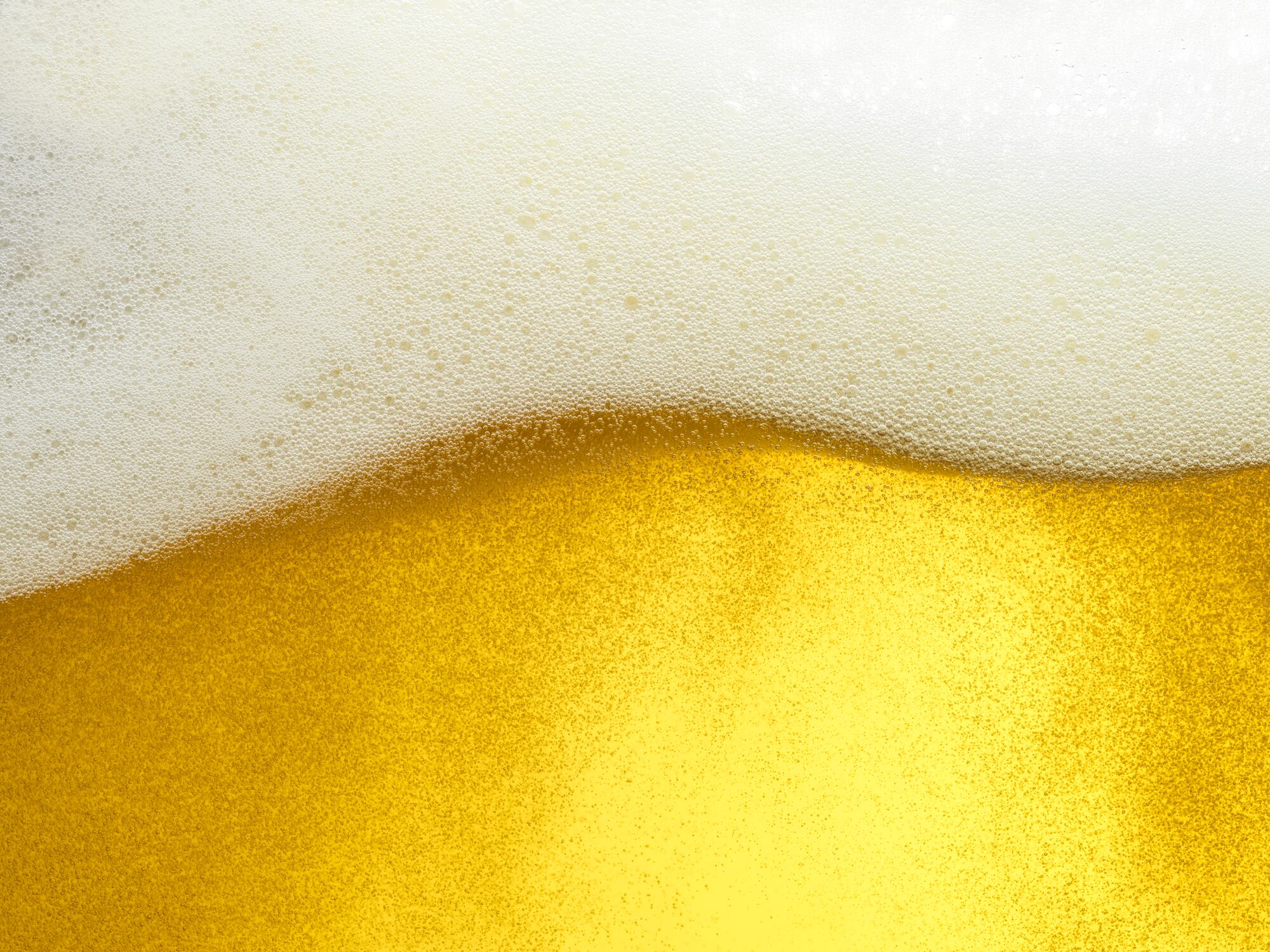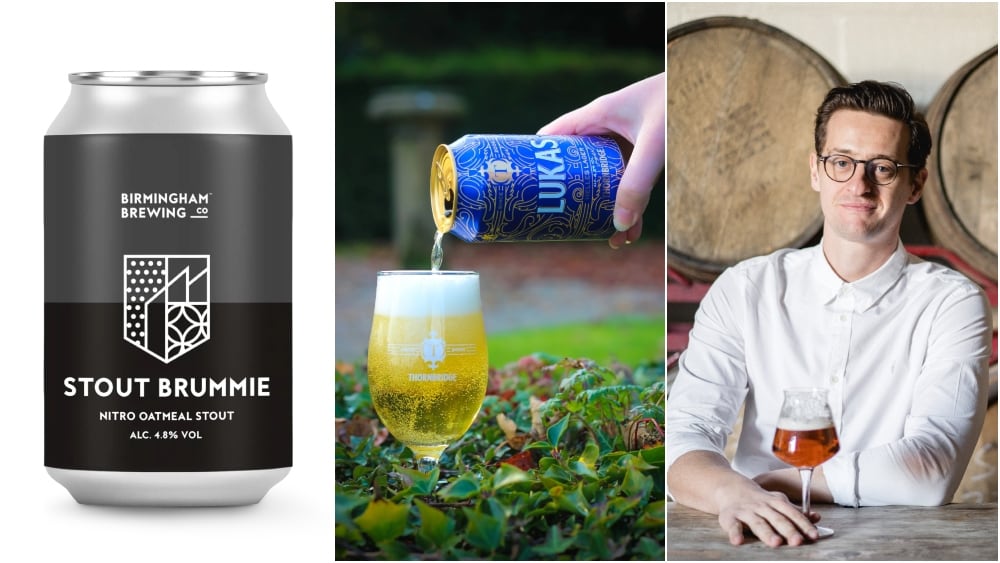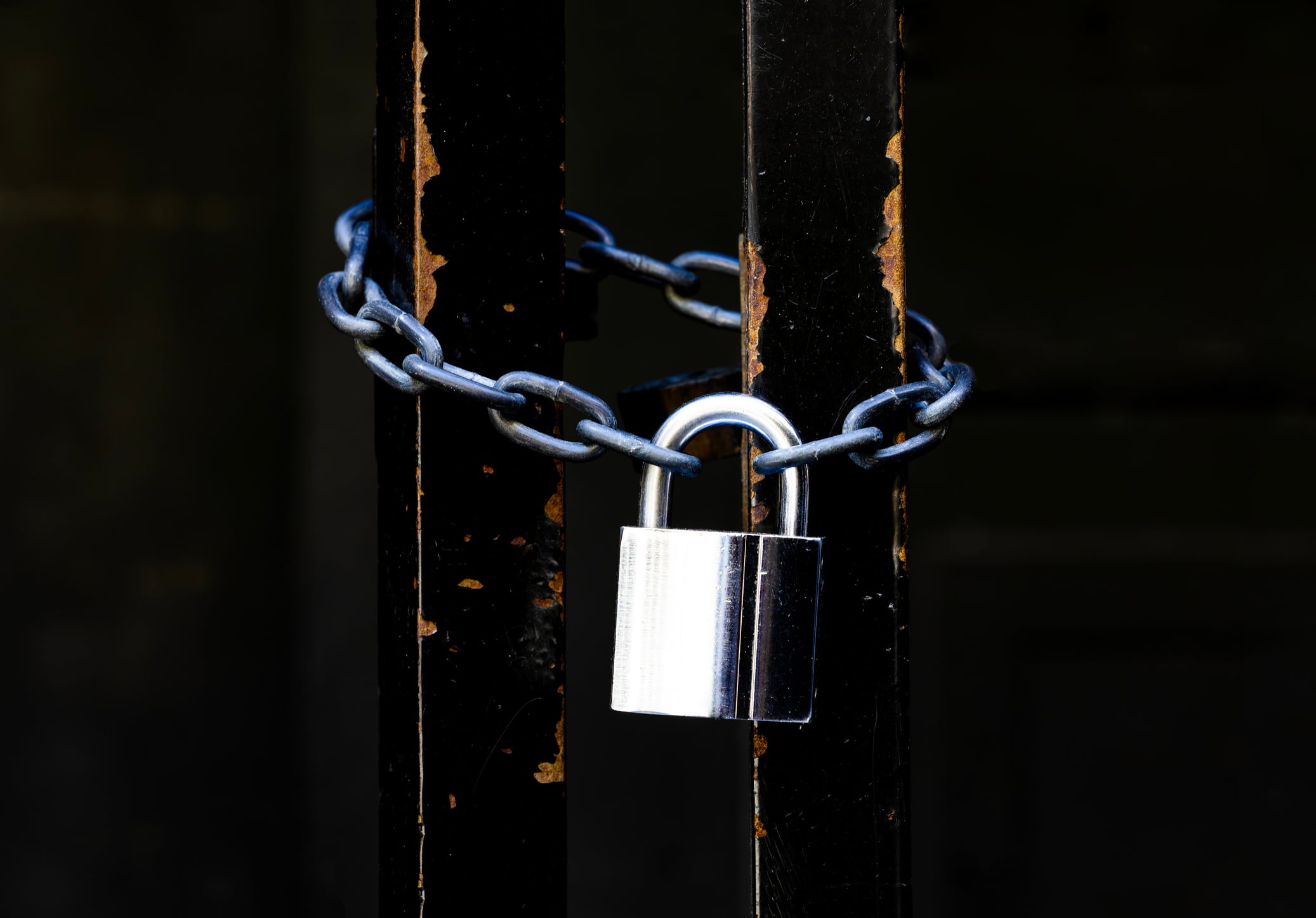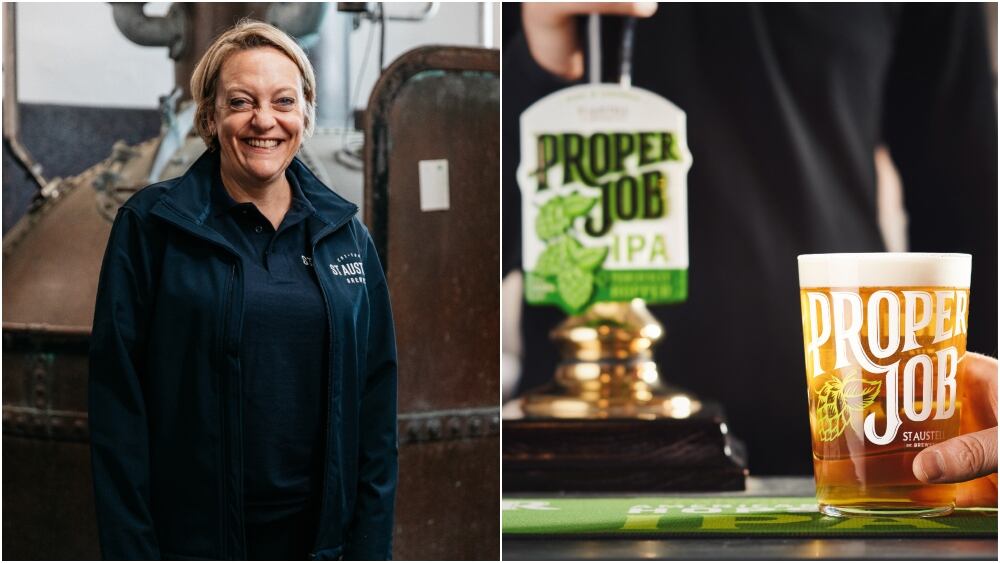The latest data from the Office for National Statistics (ONS) showed the average price of a pint of draught lager in pubs has increased 1% year-on-year, from £4.49 to £4.43.
Premium draught and bottled lager saw sharper increases of between 3% and 4% while the price of a pint of draught bitter climbed 3% to £4.25 between August 2024 and August 2025.
For brewers, the picture behind these price rises is bleak, with mounting production costs leaving many with little choice but to pass the burden down the supply chain.
JW Lees managing director William Lees-Jones told the Morning Advertiser (The MA) the Manchester-based brewery’s production costs had increased almost 7% year-on-year.
He explained the main contributors to the increase had been energy prices and labour costs alongside falling volumes.
Despite the company managing rising costs as best as they can, the managing director admitted the business had been left with choice but to put its prices up and pass some of the cost onto pubs.
For many smaller independents, the situation is even more critical. Stonehouse Brewery & Distillery director Shane Parr said pressure from increased wage costs, utilities and leftover lockdown debts had been worsened by Extended Producer Responsibility (EPR).
Cutting margins
To manage this, he told The MA the Shropshire business has implemented some operational changes: “We’ll never cut corners on quality and ingredients, but we no longer supply mini-kegs or polypins and are producing fewer strong or experimental beers – focusing instead on mid ABV known sellers such as session pale ales and ambers.
“Higher energy costs are also forcing us to consider solar panels and other energy sources to reduce utilities, but it’s harder to expand without the cashflow to invest in new equipment.”
In addition, the director said the number of pub closures has had a knock-on effect on the number of breweries closing, especially independent businesses and those specialising in real ale or craft beer.
“I squirm when I say this, but beer is mostly water - it shouldn’t cost as much as it does. Drinkers don’t want to pay more, so pubs and brewers are cutting margins. The industry can only do that for so long.
“Hospitality is the UK’s largest employer of young people and if something doesn’t change, higher youth unemployment is coming down the track”, he continued.
Parr urged the Government to reduce VAT and alcohol duty, in line with other European countries, in order to ensure brewers can keep their businesses viable.
The no and low brewing segment has also felt the strain. Founder of East London alcohol-free brewery Nirvana, Becky Keane, told The MA it is a constant battle to stay ahead of mounting costs.
She continued: “We’re no stranger to relentless price increases across all aspects of our business - whether that’s energy, glassware, packaging or printing.”
Keane also pointed to the added challenge of shifting consumer preferences, explaining drinkers are leaning towards more expensive and imported American hop varieties: “We’ve invested heavily in new hops and yeasts, which has enabled us to brew our very best beers yet.
One voice
“The investment’s been worth it, as they’ve been so well received, both by awards competitions as well as pubgoers, but stepping up like that in quality does cost more money.
“While grain prices have reduced considerably, after they shot up 30% post Russia’s invasion of Ukraine, they’ve also still not gone back to pre-war prices.”
In addition, the brewery founder explained the business does not benefit from the Small Brewer’s Relief as the support is based on duty: “We brew beers that have significant health benefits compared to full-strength versions, which has a direct knock-on effect to peoples’ health.
“More people drinking less alcohol equals less health problems and less pressure on the NHS. It’s time for the positive societal effect of no and low to be recognised.”
Keane added the brewing and pub sectors need to work together to lobby Government for targeted support to ensure the future of both industries.
She continued: “We all need to shout about how pubs are an essential part of the British high street; it’s heart-breaking knowing six pubs a week closed in 2024 - we all need to act with one concerted voice to get the Government to listen. There are some clear and simple steps that a sympathetic Government could take.”





